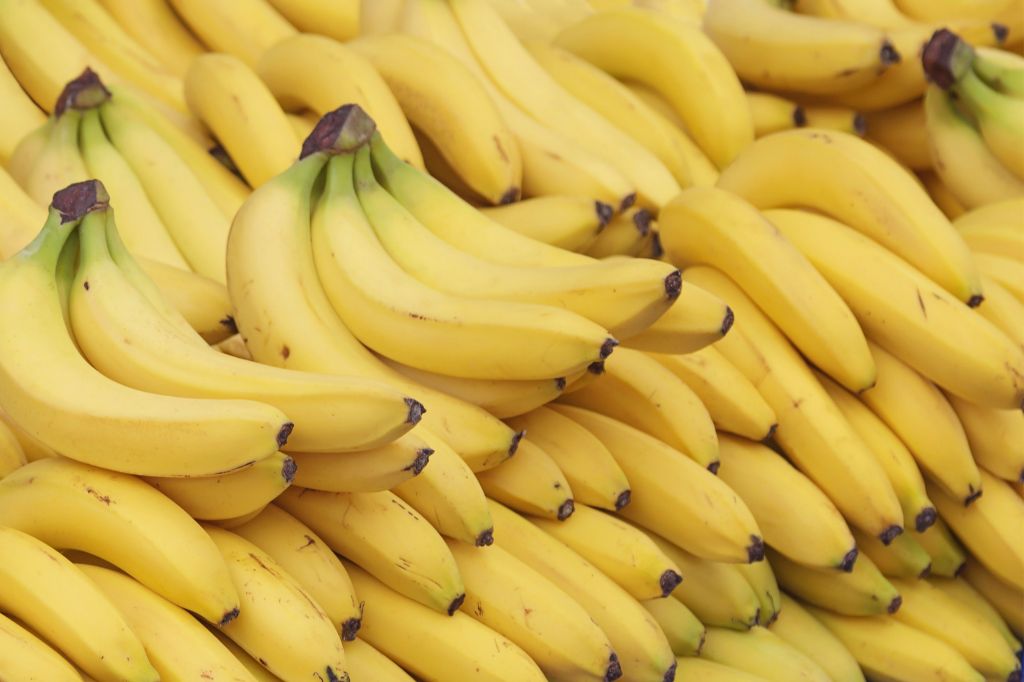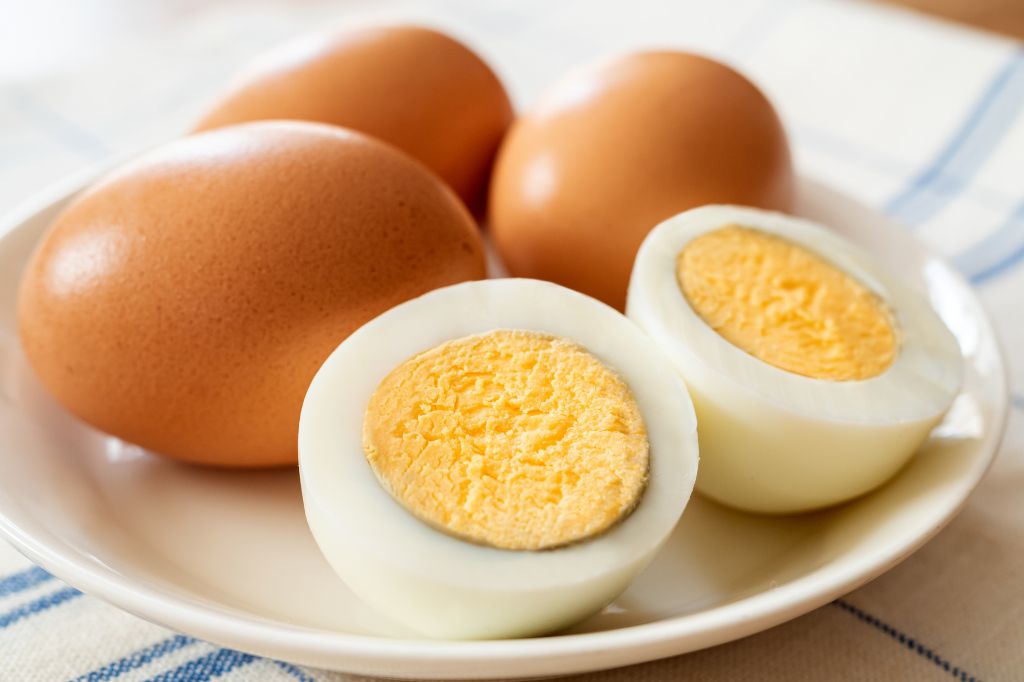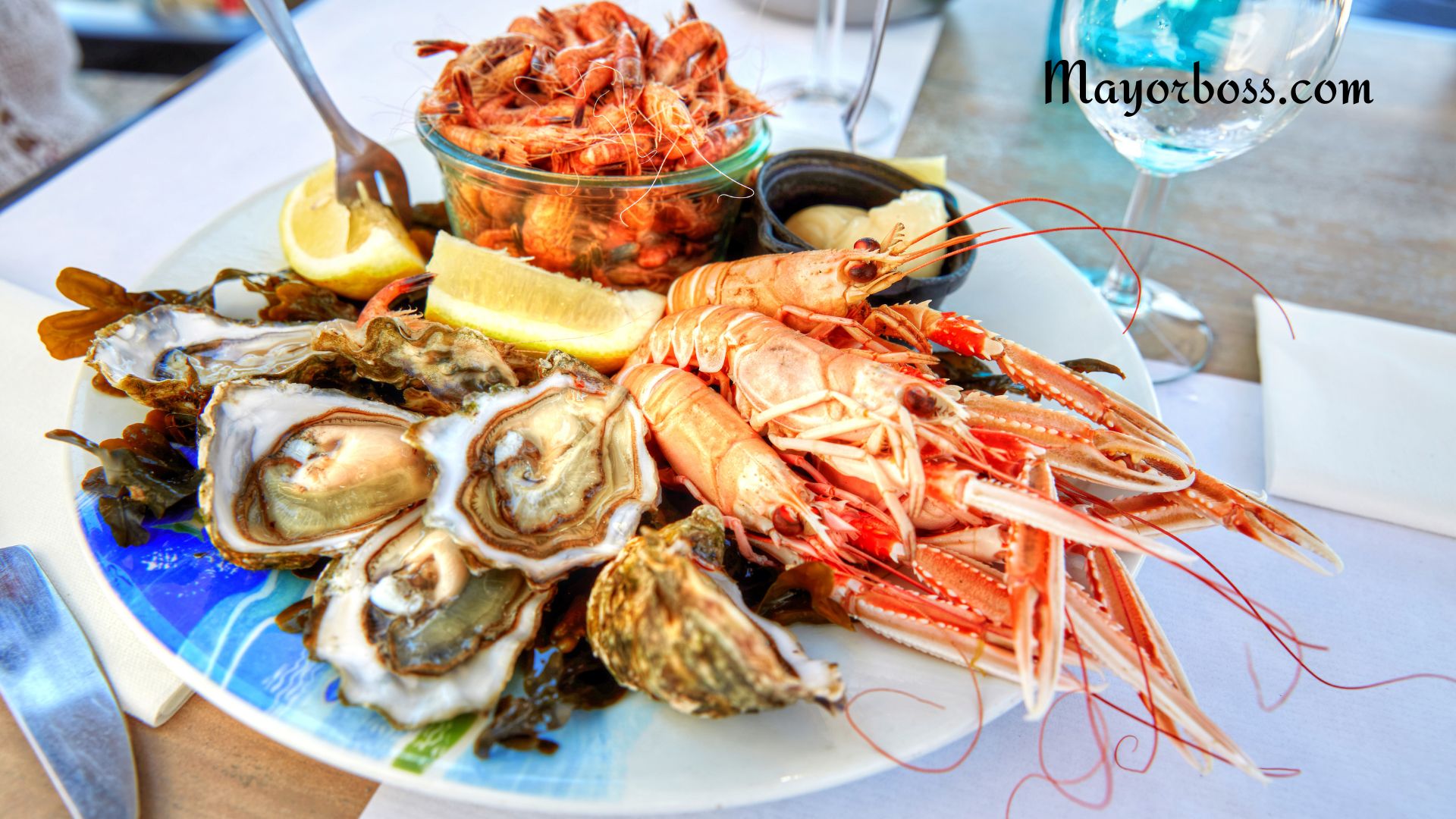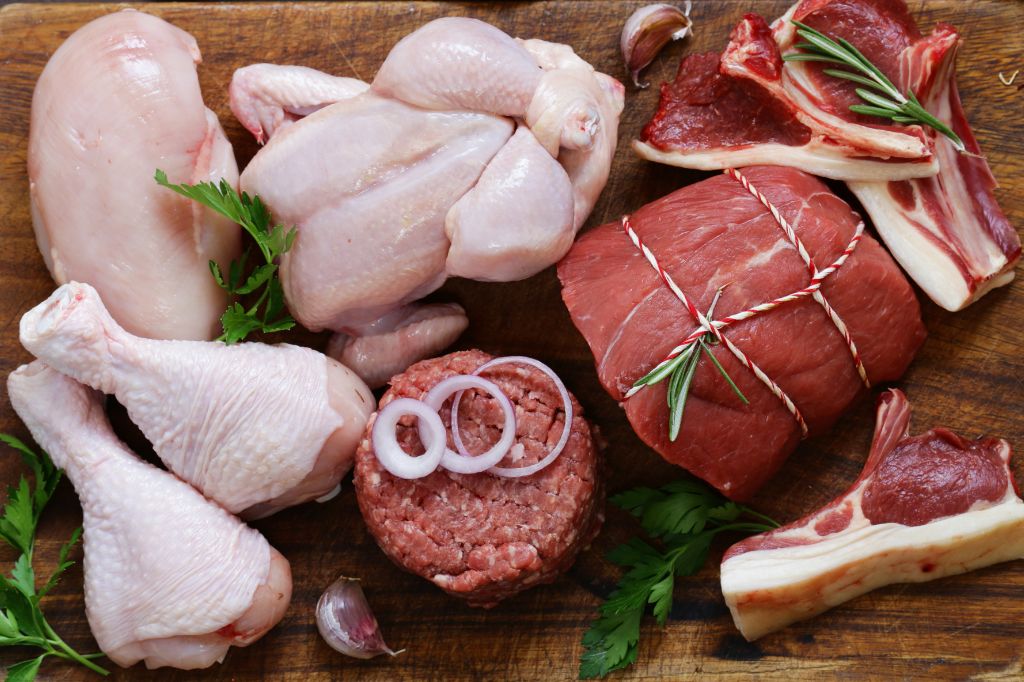5 Foods That May Cause Kidney Stones
I understand the importance of maintaining healthy eating habits as they play a vital role in preventing certain health conditions. And one such medical condition that can be caused by unhealthy eating habits is kidney stones.
The key to avoiding kidney stones is to educate yourself and your family on the foods that may increase your risk of developing them.
What are Kidney Stones, and what causes them?
Kidney stones are defined as hardened deposits of salt and minerals that form inside the kidneys. These stones can cause severe pain and discomfort in the lower abdomen, groin area, and even the lower back.
In some cases, you may experience blood in your urine, pain when urinating, or urine that smells bad.
Generally speaking, there are several types of kidney stones, but the most common ones are calcium oxalate stones.
Factors such as dehydration, genetics, excess body weight, and certain foods can potentially increase your risk of developing kidney stones.
So what are the foods that cause kidney stones? Keep reading to find out.
Foods That May Cause Kidney Stones
1. High-Sodium Foods
It’s no secret that consuming foods that are high in sodium can increase the risk of developing kidney stones.
Excess sodium can cause dehydration, which results in the crystallization of minerals in the kidneys.
Therefore, it’s recommended to avoid consuming foods such as processed foods, deli meats, and canned soups, which have high sodium content.
Healthy Alternatives: Use other seasonings such as herbs, spices, or lemon juice. Also, choose fresh fruits and vegetables over processed foods.
2. Oxalate-Rich Foods
Oxalate is a naturally occurring compound that is found in various foods such as spinach, celery, rhubarb, beets, nuts, black tea, soy, cocoa, and chocolate.
Excessive intake of oxalate can lead to the development of calcium oxalate kidney stones. Hence, it’s crucial to avoid consuming such foods in high amounts.
Healthy Alternatives: Consume low-oxalate foods like apples, grapes, cucumbers, cauliflower, and onions.
3. Animal Proteins
Diets that are typically high in animal proteins, such as red meat, poultry, eggs, deli meats, and seafood, increase the excretion of calcium, uric acid, and oxalate in the urine.
This can particularly lead to the formation of kidney stones. Thus, limiting the intake of animal proteins in your diet is recommended.
Healthy Alternatives: Substitute animal proteins with plant-based protein sources like beans, lentils, nuts, and tofu.
4. Added Sugars
Consuming foods that are high in added sugars (for instance, dextrose, raw sugar, sucrose, and High-fructose corn syrup) leads to higher excretion of calcium in the urine, which can seriously cause the formation of kidney stones.
It also contributes to the production of acidic urine, which increases the chances of developing kidney stones.
Healthy Alternatives: Switch to natural sweeteners like honey, maple syrup, and stevia instead of added sugars. Consume fresh fruits instead of sugar-laden desserts.
5. Carbonated Drinks
Carbonated drinks, including sodas and energy drinks, are known to contain phosphoric acid that can increase the acidity levels in the urine. This, in turn, leads to the formation of kidney stones and must be avoided.
Healthy Alternatives: You can replace these drinks with fresh fruit juice, coconut water, buttermilk, or plain water.
Preventing Kidney Stones Through Dietary Changes
By making some simple dietary changes, you can minimize your risk of kidney stone formation. It’s important to prioritize a well-rounded diet that includes an abundance of fruits, vegetables, whole grains, and low-fat dairy products.
Drink plenty of water to stay hydrated and avoid excessive consumption of high-sodium, high-oxalate, and animal protein-rich foods. By following these guidelines, you can maintain good kidney health and prevent the formation of kidney stones.






